South Africa
In three years, Isaac Mbatha got used to the lack of space, running water and electricity in a tent he shared with his wife and three children in Wilgespruit, a township on the outskirts of Johannesburg.
But he never got used to the rain. The coronavirus brought an unexpected respite to those harsh sleepless nights.
Since the pandemic, 70 families have been re-housed for free in nearby wooden chalets.
“Yes, it took a long time to help us. Because for many years we have been trying to get the government to help us. So now we are glad that they heard our call for help. That they have come to help the community”, Mbatha said.
Wilgespruit is one of 2,700 neighbourhoods that politicians only remember during election. But fearing that overcrowding and poverty could lead to the spread of the coronavirus, authorities have accelerated access to health facilities and relocated the poor.
“This coronavirus is not good, but I like it because without the coronavirus it was impossible for us to get clean by the government. So the coronavirus at least made it possible for things to move for us’‘, Rebecca Jane, a beneficiary said.
These results of extreme poverty are a legacy of the apartheid regime, which deprived black South Africans of land ownership. Thus, moving them to rural areas, far from the city centres.
More than a million families continue to live in these townships more than 25 years after the end of the regime.
AFP




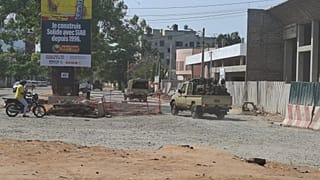

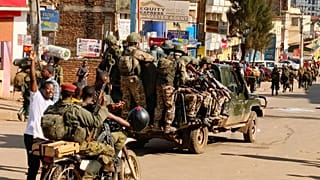
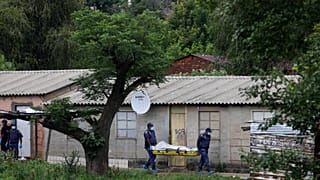
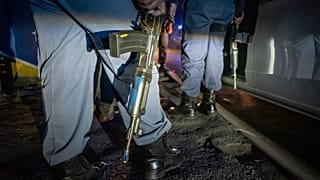
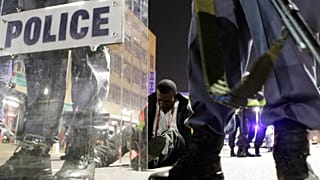
01:08
Former South African president Jacob Zuma returned to court on Thursday, alongside French arms manuf
01:00
2027 Rugby World Cup: Springboks and All Blacks set for quarterfinal showdown
01:48
Zuma’s daughter resigns amid claims South Africans were lured into Ukraine War
01:18
World marks International Day for the Elimination of Violence against Women and Girls
02:43
"Tamujuntu": where South Africa and Brazil meet in dance
01:00
Pix of the Day: November 24, 2025